Home>Garden Essentials>When To Start Seeds In Michigan
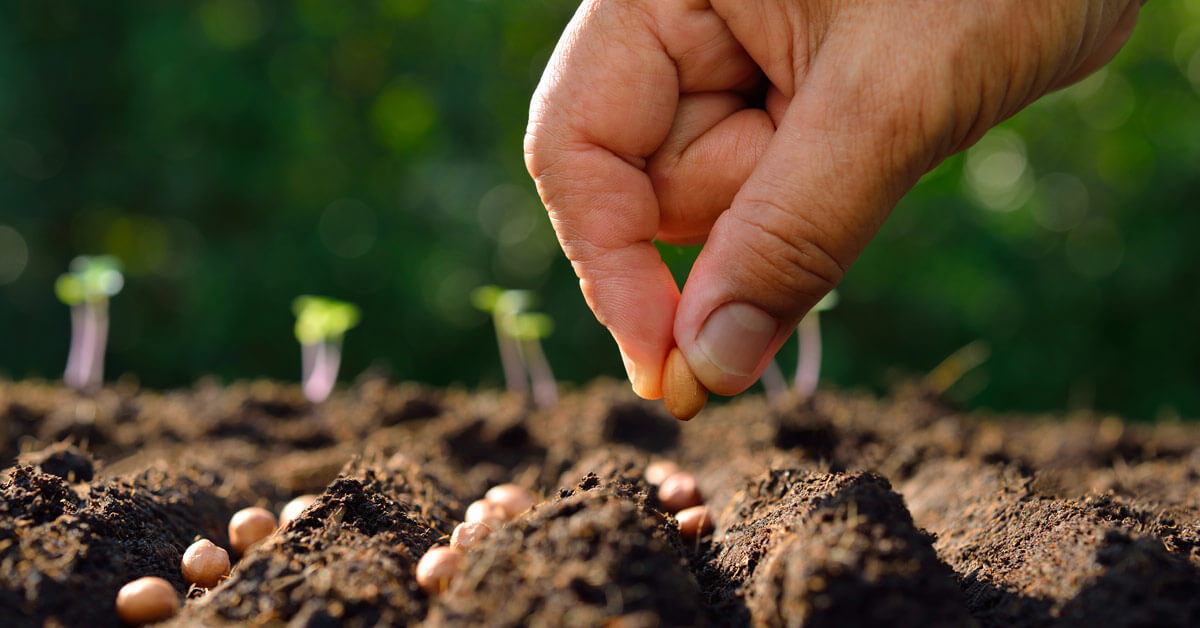

Garden Essentials
When To Start Seeds In Michigan
Modified: March 15, 2024
Discover the best time to start seeds in your Michigan garden. Follow our expert tips and get a head start on a successful growing season.
(Many of the links in this article redirect to a specific reviewed product. Your purchase of these products through affiliate links helps to generate commission for Storables.com, at no extra cost. Learn more)
Introduction
Welcome to the world of gardening in the beautiful state of Michigan! If you’re an avid gardener, or just starting out with your green thumb, it’s important to understand the unique climate and conditions of Michigan when it comes to starting seeds. Whether you’re growing a bountiful vegetable garden or planting vibrant flowers, knowing the right time to start seeds can greatly impact the success of your garden.
Michigan is known for its diverse climate, with cold winters and mild summers. This can present some challenges when it comes to gardening, but with careful planning and some helpful tips, you’ll be able to grow a thriving garden that will impress even the most seasoned horticulturists.
In this article, we will discuss the factors to consider when starting seeds in Michigan, provide recommended start dates for common vegetables, and share some tips for successful seed starting. By the end, you’ll have the knowledge and confidence to begin your gardening journey and enjoy the fruits (and vegetables) of your labor.
Key Takeaways:
- Get a head start on your Michigan garden by starting seeds indoors to beat the unpredictable spring weather and ensure strong, healthy plants for a successful growing season.
- Pay attention to Michigan’s unique climate and follow recommended start dates for common vegetables to maximize your chances of a bountiful harvest. Embrace the challenges and enjoy the process of nurturing your plants from seed to harvest.
Read more: When Do Dandelions Germinate In Michigan
Understanding Michigan’s Climate
Before diving into seed starting, it’s crucial to have a good grasp of Michigan’s climate. The state experiences a mix of humid continental and humid subtropical climates, with cold winters and warm summers. However, the climate can vary depending on your specific location within Michigan.
Michigan is divided into two peninsulas: the Upper Peninsula (UP), which is located north of Lake Michigan and Lake Huron, and the Lower Peninsula (LP), which encompasses the rest of the state. The UP generally has colder temperatures and receives more snowfall compared to the LP.
Michigan is also heavily influenced by the Great Lakes, which can moderate temperatures and impact weather patterns. The lakes tend to delay the onset of spring and prolong the growing season, especially in areas near the lakeshores.
Early spring in Michigan can be unpredictable, with temperatures fluctuating between freezing and mild conditions. Frost can occur well into late spring, making it essential to select appropriate seed varieties and start them indoors before transplanting them outdoors.
Summer in Michigan is generally warm and humid, with temperatures ranging from the high 70s to mid-80s Fahrenheit. However, heatwaves can occur, driving temperatures into the 90s. Adequate watering and mulching are crucial during this time to help plants withstand the heat.
Fall in Michigan brings cooler temperatures, with frost becoming a concern once again towards the end of the season. Harvest time for many crops is typically in early to mid-fall, although some vegetables can be grown well into late fall with proper protection.
Now that we have a better understanding of Michigan’s climate, let’s explore the key factors to consider when starting seeds in this unique environment.
Factors to Consider When Starting Seeds in Michigan
When starting seeds in Michigan, several factors come into play to ensure successful germination and growth of your plants. Understanding and addressing these factors will greatly increase your chances of a thriving garden.
Hardiness Zone
Michigan is divided into multiple hardiness zones, which are determined by average minimum winter temperatures. The hardiness zone you’re in will dictate the types of plants that are most suited for your area and when to start seeds. Michigan ranges from Zone 3 in the UP to Zone 6 in the LP.
Frost Dates
Knowing your region’s average last frost date in spring and first frost date in fall is crucial for seed starting. Consult a reliable frost date chart or contact your local agricultural extension office for accurate information. Starting seeds too early may lead to frost damage, while starting too late may limit plant growth and yield.
Read more: When To Plant Grass Seed In Michigan
Seed Viability and Type
Check the seed packet or seed catalog for the recommended planting date and consider the viability of your seeds. Some seeds have a short shelf life and may not germinte as well if they are not fresh. It’s also important to pay attention to the specific requirements of each seed, such as light conditions, spacing, and soil temperature.
Indoor vs. Outdoor Starting
In Michigan, starting seeds indoors is often necessary to give plants a head start before the outdoor growing season begins. This allows for a longer growing period and helps plants establish stronger root systems. However, some crops, like cold-hardy vegetables, can be sown directly into the ground once soil temperatures are suitable.
Soil Preparation
Michigan soils can vary in composition and fertility. Before starting seeds, it’s essential to prepare the soil by removing debris, tilling or loosening the soil, and adding compost or organic matter to improve drainage and nutrient content.
By considering these factors and adapting your seed starting approach to the unique conditions of Michigan, you’ll be well on your way to a successful and productive gardening season.
Recommended Start Dates for Common Vegetables
When it comes to starting seeds for common vegetables in Michigan, timing is crucial. Starting seeds too early or too late can result in stunted growth, decreased yields, or even the loss of plants to frost or heat. Here are some recommended start dates for common vegetables in Michigan:
Read more: When Can I Plant Grass Seed In Michigan
Leafy Greens
- Lettuce: Start seeds indoors 6-8 weeks before the last frost date or directly sow outdoors once soil temperatures reach 40-50°F.
- Spinach: Sow seeds directly outdoors 4-6 weeks before the last frost date or start indoors and transplant outdoors once the soil is workable.
- Kale: Start seeds indoors 6-8 weeks before the last frost date or directly sow outdoors 4-6 weeks before the last frost date.
Root Vegetables
- Carrots: Sow seeds directly outdoors 2-4 weeks before the last frost date or start indoors 10-12 weeks before the last frost date and transplant outdoors.
- Radishes: Sow seeds directly outdoors as soon as the soil can be worked in early spring or in late summer for a fall crop.
- Beets: Sow seeds directly outdoors 2-4 weeks before the last frost date or start indoors and transplant outdoors.
Tomatoes and Peppers
- Tomatoes: Start seeds indoors 6-8 weeks before the last frost date or purchase transplants from a local nursery.
- Peppers: Start seeds indoors 8-10 weeks before the last frost date or purchase transplants.
Beans and Peas
- Beans: Sow seeds directly outdoors after the danger of frost has passed and soil temperatures have warmed to around 60°F.
- Peas: Sow seeds directly outdoors as soon as the soil can be worked in early spring.
Read more: When To Start Corn Seeds
Squash, Cucumbers, and Melons
- Squash: Start seeds indoors 2-3 weeks before the last frost date or sow seeds directly outdoors once all danger of frost has passed and soil is warm.
- Cucumbers: Start seeds indoors 2-4 weeks before the last frost date or sow seeds directly outdoors once soil temperatures reach 60°F.
- Melons: Start seeds indoors 2-3 weeks before the last frost date or sow seeds directly outdoors once soil temperatures reach 70°F.
These are just general recommendations, and it’s important to consider your specific location, microclimate, and the specific requirements of each vegetable variety. Adjust the start dates accordingly to maximize your chances of a successful harvest.
Tips for Successful Seed Starting in Michigan
When it comes to seed starting in Michigan, there are some helpful tips and techniques to ensure your plants get the best start possible. Follow these guidelines to increase your chances of success:
1. Start Indoors
Given Michigan’s unpredictable spring weather, starting seeds indoors is a smart strategy. This allows you to control the environment, protect seedlings from frost, and give them a head start before transplanting outdoors.
2. Use Seed Starting Mix
Invest in a good-quality seed starting mix that provides a light, well-draining medium for your seeds. Avoid using garden soil, as it can be heavy and may contain pests or diseases.
Read more: When To Start Seeds In Greenhouse
3. Provide Adequate Light
Seedlings need ample light to grow strong and healthy. Place them in a sunny south-facing window or use fluorescent grow lights. Position the lights about 1-2 inches above the seedlings and adjust the height as they grow.
4. Maintain Proper Temperatures
Most seeds germinate best in temperatures between 65-75°F. Use a seed heating mat or place your seed trays on top of a warm appliance, like a refrigerator, to provide consistent warmth for optimal germination.
5. Water Wisely
Keep the soil consistently moist but not waterlogged. Use a spray bottle or gentle watering can to avoid disturbing the delicate seedlings. Aim for even moisture throughout the growing medium.
6. Harden Off Seedlings
Before transplanting seedlings outdoors, gradually expose them to outdoor conditions over a period of 7-10 days. Start by placing them outdoors for a few hours in a sheltered spot and gradually increase the time and exposure to direct sunlight.
Read more: When To Start Cucumber Seeds
7. Protect from Frost
Monitor weather forecasts and be prepared to protect young seedlings from unexpected frosts. Cover them with frost blankets or use garden cloches to create a mini-greenhouse effect.
8. Pay Attention to Plant Spacing
Ensure proper spacing between plants to allow for adequate air circulation and minimize competition for nutrients. Overcrowding can lead to disease and stunted growth.
9. Mulch and Weed Regularly
Apply a layer of mulch around your transplanted seedlings to help retain moisture, suppress weeds, and regulate soil temperature. Keep the garden free of weeds that can compete for resources.
10. Monitor for Pests and Diseases
Regularly inspect your plants for signs of pest damage or disease. Taking prompt action, such as handpicking pests or using organic pest control methods, can prevent infestations from spreading.
By following these tips and adapting them to your specific gardening situation, you’ll be well on your way to a successful seed starting experience in Michigan.
Read more: When To Start Artichoke Seeds
Conclusion
Starting seeds in Michigan can be a rewarding and fruitful experience, but it’s important to understand the unique climate and conditions of the state. By considering factors such as hardiness zones, frost dates, seed viability, and indoor vs. outdoor starting, you can greatly increase your chances of a successful garden.
Following the recommended start dates for common vegetables and implementing tips such as starting seeds indoors, using quality seed starting mix, providing adequate light and temperature, and practicing proper watering and spacing, will give your seedlings the best start possible.
Remember to monitor the weather and protect your young plants from frost, and be diligent in maintaining a weed-free and pest-free garden. With careful attention and care, you’ll be rewarded with a flourishing garden that provides fresh and delicious produce throughout the growing season.
Don’t be discouraged by the challenges that Michigan’s climate may present. Embrace the opportunity to explore the diverse range of plant varieties that thrive in this region, and experiment with techniques that work best for your specific location.
Now that you have a better understanding of when to start seeds, the factors to consider, and the tips for successful seed starting, it’s time to roll up your sleeves and get your hands dirty. Enjoy the process of nurturing your plants from seed to harvest, and relish in the joy of homegrown goodness.
Happy gardening in Michigan!
Frequently Asked Questions about When To Start Seeds In Michigan
Was this page helpful?
At Storables.com, we guarantee accurate and reliable information. Our content, validated by Expert Board Contributors, is crafted following stringent Editorial Policies. We're committed to providing you with well-researched, expert-backed insights for all your informational needs.
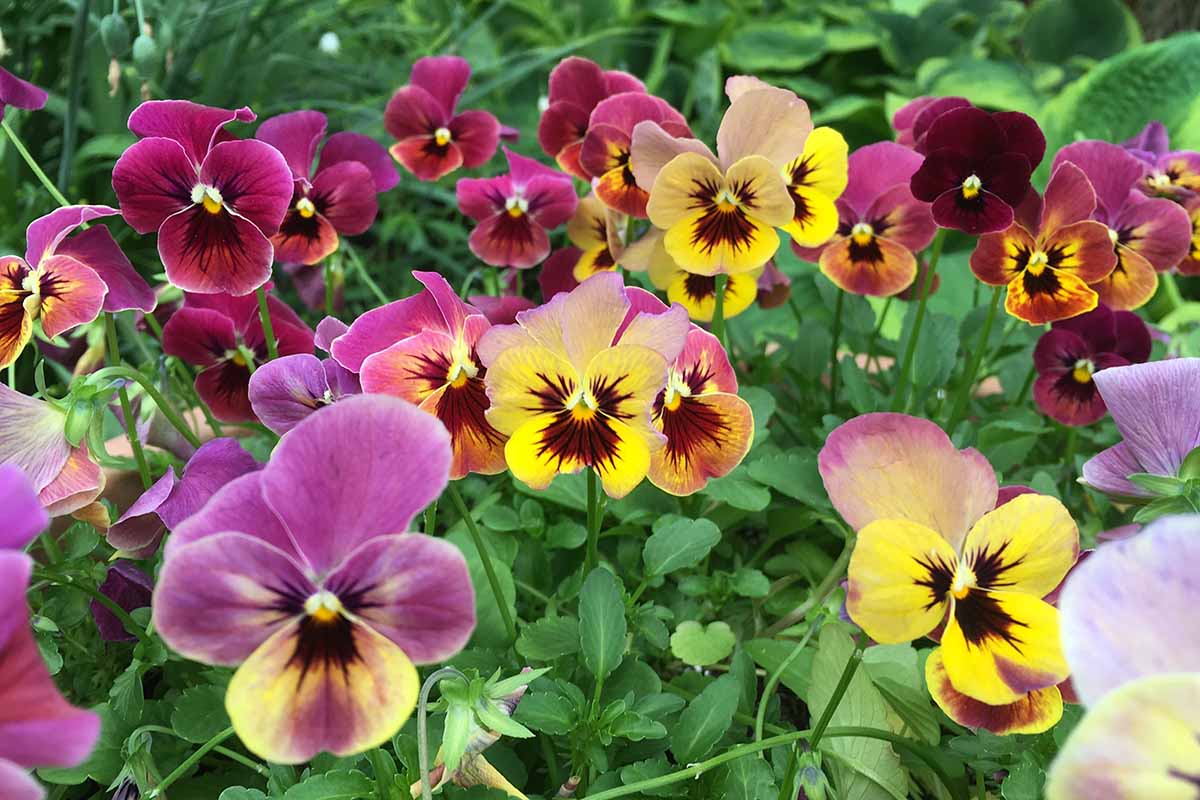
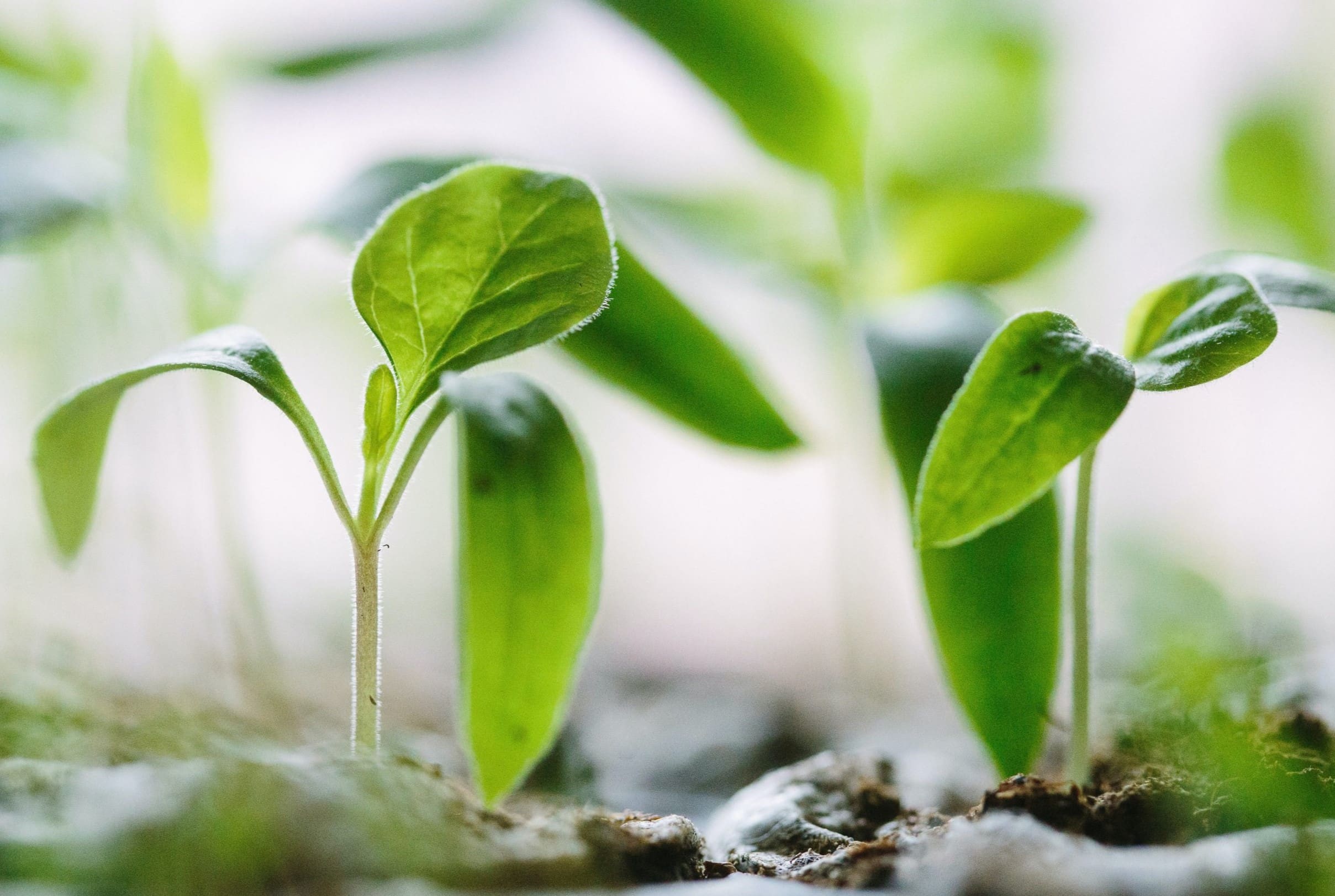
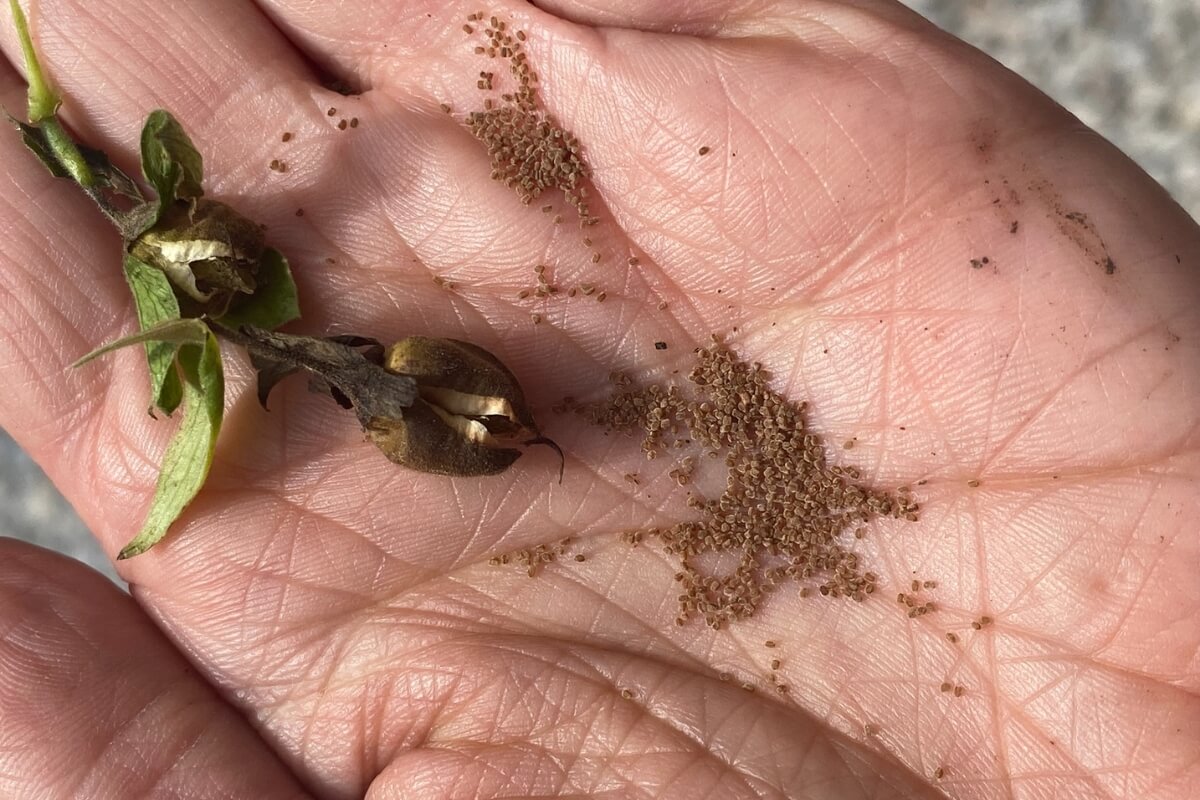
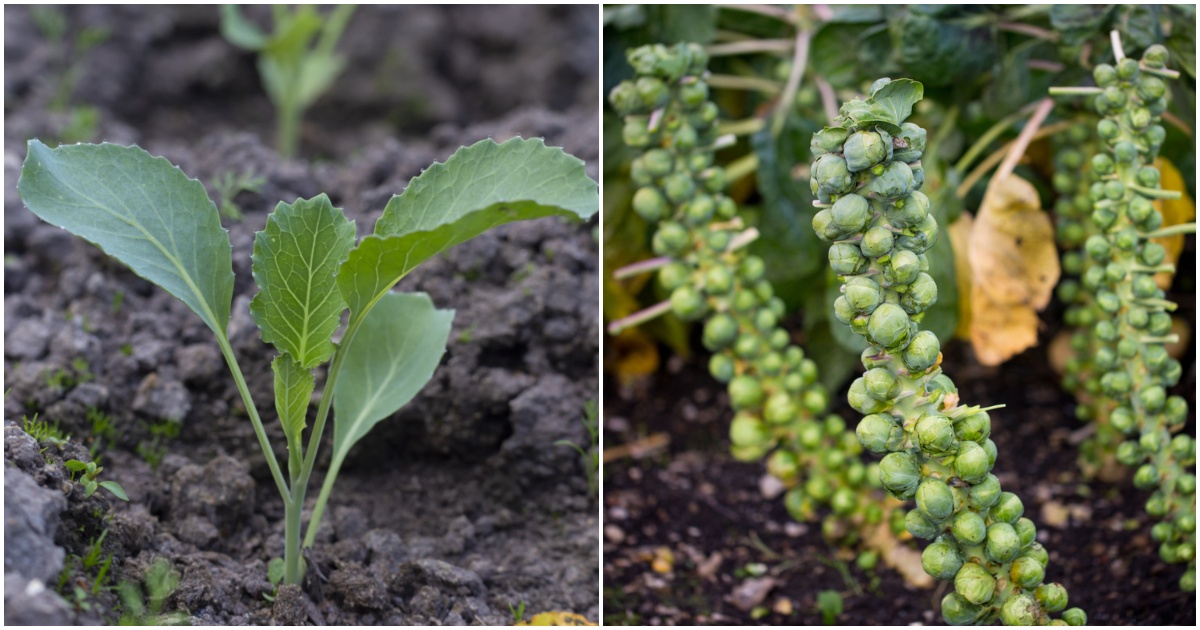
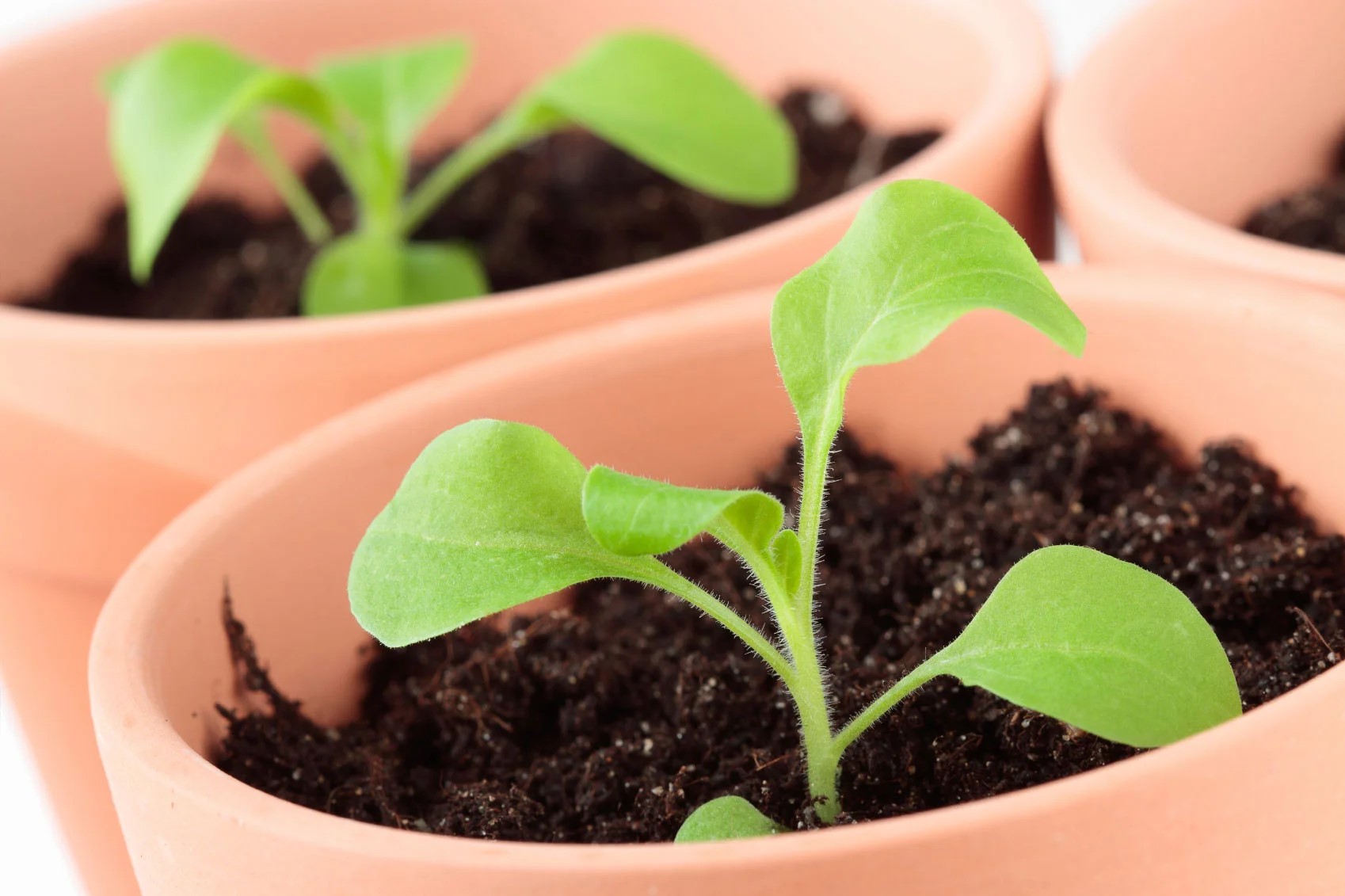
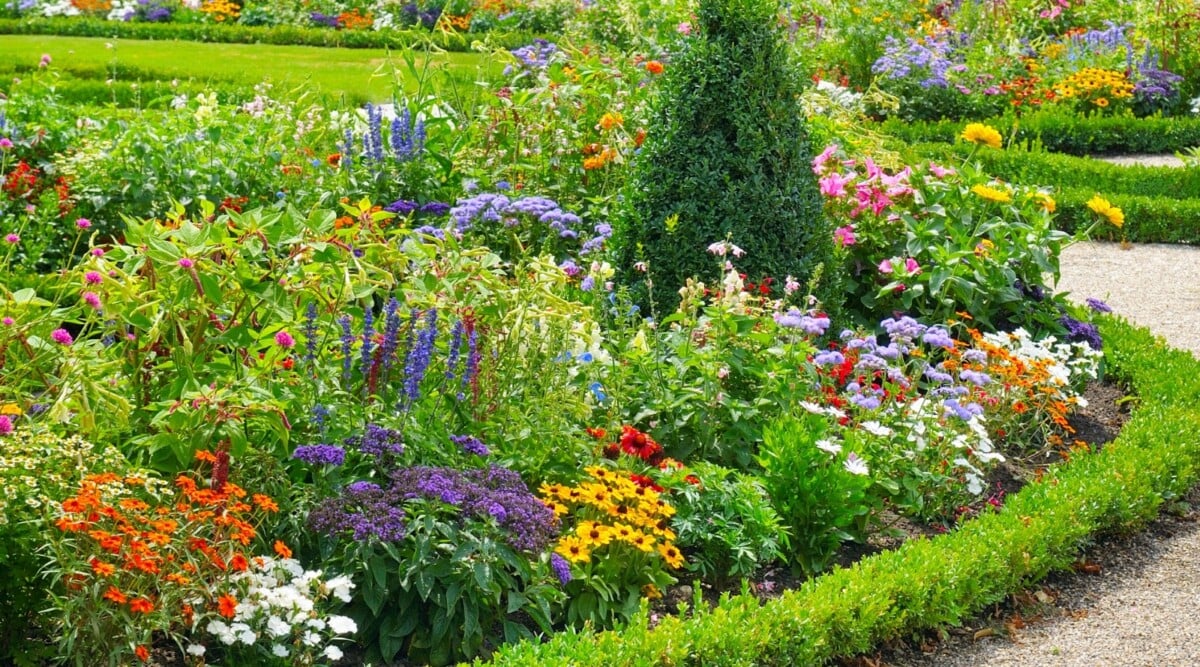
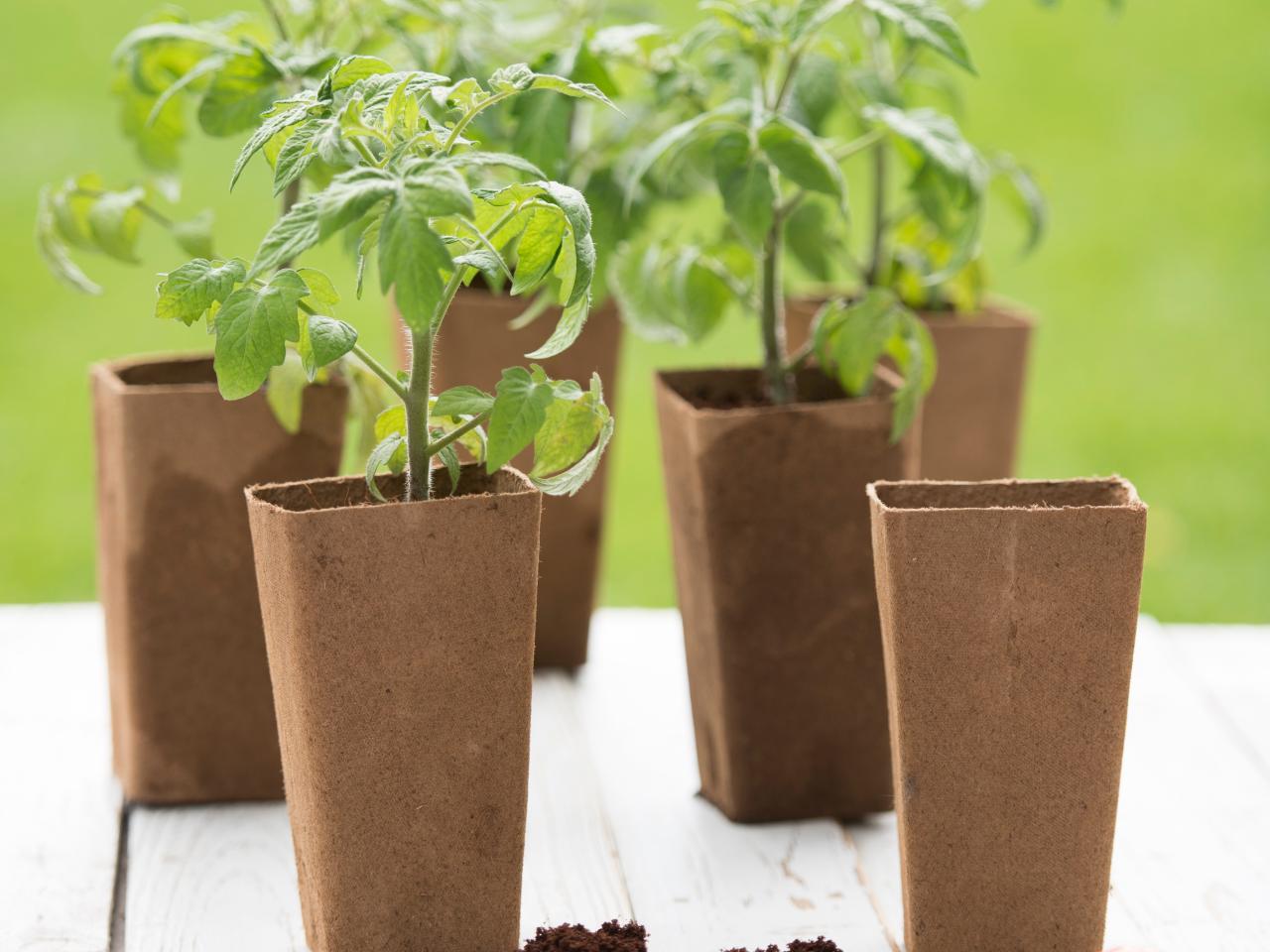
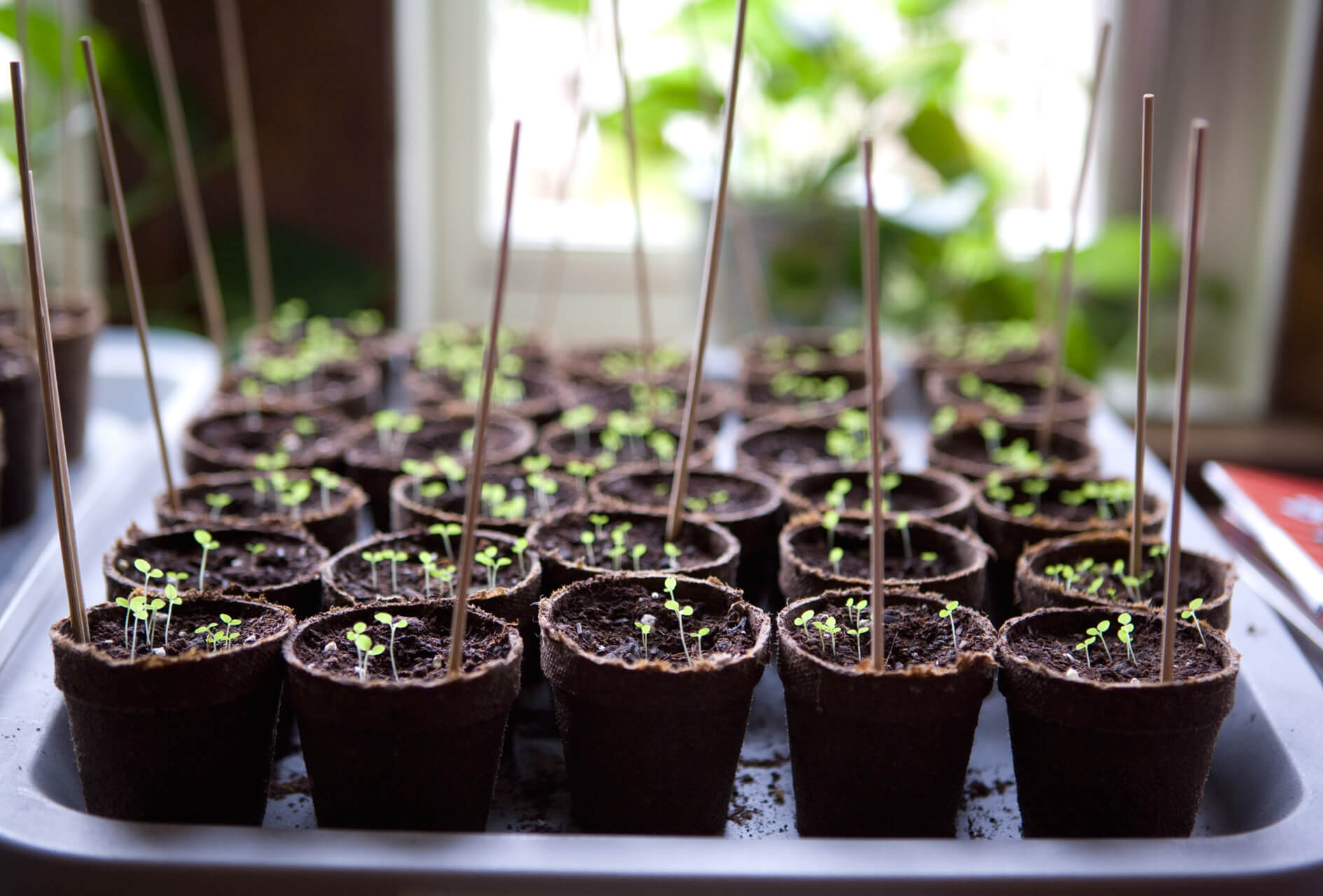
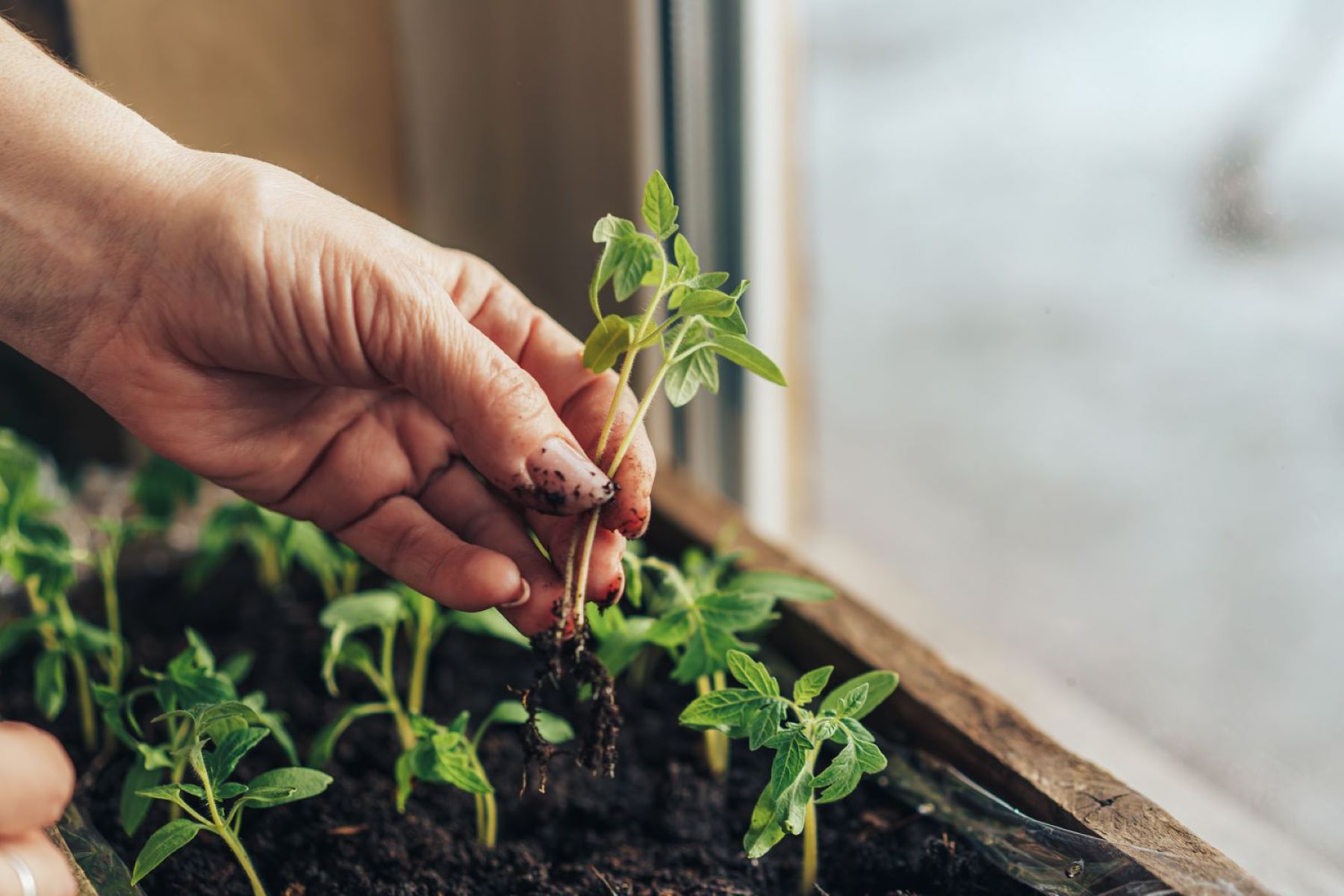

0 thoughts on “When To Start Seeds In Michigan”